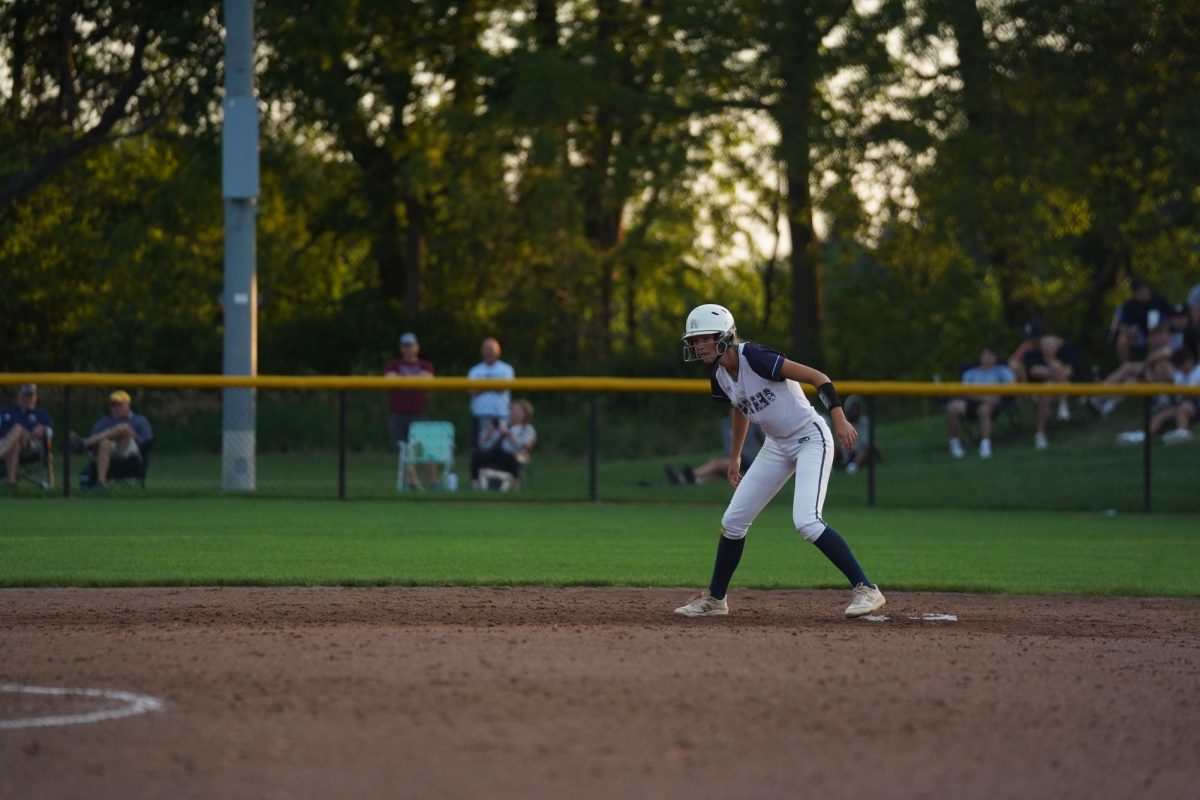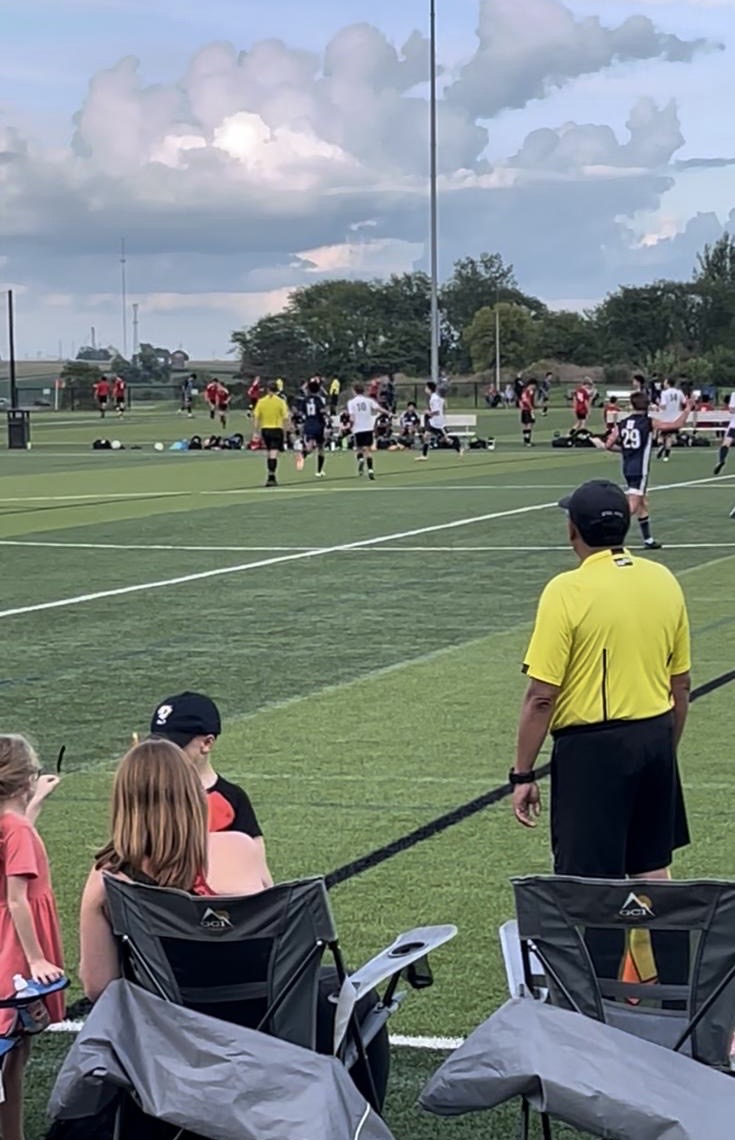The NCAA women’s basketball championship has caused many to question the standard of officiating in the NCAA. On Sunday, April 2, during the heated championship match, a whopping 37 fouls were called in total.
This was the NCAA Tournament single-game record.
One of these fouls was called when Iowa player Caitlin Clark received a technical for tossing the ball aside- the first time in history that action earned one. But at the same time, Kim Markey, the head coach at LSU, managed to stand on the court for a majority of the game.
Becoming a NCAA officiator can be an extensive process. It consists of becoming familiar with the game, taking courses online, working on basketball games, getting certified through National Federation of State High School Associations, and joining the National Association of Sports Officials. Despite this, inconsistencies occur regularly in professional games.
The women’s NCAA basketball Final Four was the first time to have an all female official group in history. But the foul count in the championship game was also the first time in single-game history.
Although female officials do not get the recognition they deserve, the past championship game sparked rage among fans, coaches and other officials.
One of these fouls was Clark receiving a technical foul in the third quarter against LSU. This foul consisted of Clark casually throwing the ball behind her back. This took her out of the rest of the third quarter and changed her game in the fourth because of foul trouble.
Senior Halle Vice, who plans on playing basketball at Marquette University, feels that the game’s officiating was questionable at times, but not biased. “Overall, I thought the officiating was pretty even on both sides besides the technical call. I don’t think one team had it worse because both LSU and Iowa had their best players on the bench at the same time. The technical foul on Caitlin could have gone either way, but I think the LSU coach getting a technical also could’ve gone either way,” said Vice.
Clark was not the only one misunderstood during this match. Two seniors playing for Iowa, Monika Czinano and McKenna Warnock, were playing in foul trouble and were further called and had to sit the bench in their last game ever.
Junior Jessie Clemons felt for the Iowa players. “While watching the game, I was sad for Czinano and Warnock. Since it was their last game, I think everyone wanted them to go out with a good game being played, but since they didn’t adjust, they had to end their last game on the bench, which is an unfortunate ending,” said Clemons.
On the other side of the court, Angel Reese was called for a questionable foul in the first quarter, putting her on the bench to stay out of foul trouble for both the rest of the first quarter and the full second quarter.
“Yes, I think it is unfortunate that the seniors and some important players had to sit during their last game, but I also think they could have adjusted quicker to how tight the refs were calling it,” commented Vice.
The NCAA championship game endured bad officiating regardless. Although the giant leap towards an all female officiating staff was a success in the Final Four games, the championship game was embarrassing. The players from both teams did not deserve such a poorly and inconsistent refereed game. Some of Iowa and LSU’s best players were unable to compete normally because of harsh foul trouble.
Going forward, officiating needs to be a better trained role. In a big game such as this one, referees need to be the best, being familiar with the game as the players are. A stricter evaluation process to determine officials in games like these needs to be implemented. As the sport grows wider and more selective, let officiating grow with it. And the unacceptable officiating that went on this past weekend needs to be recognized and fixed.









